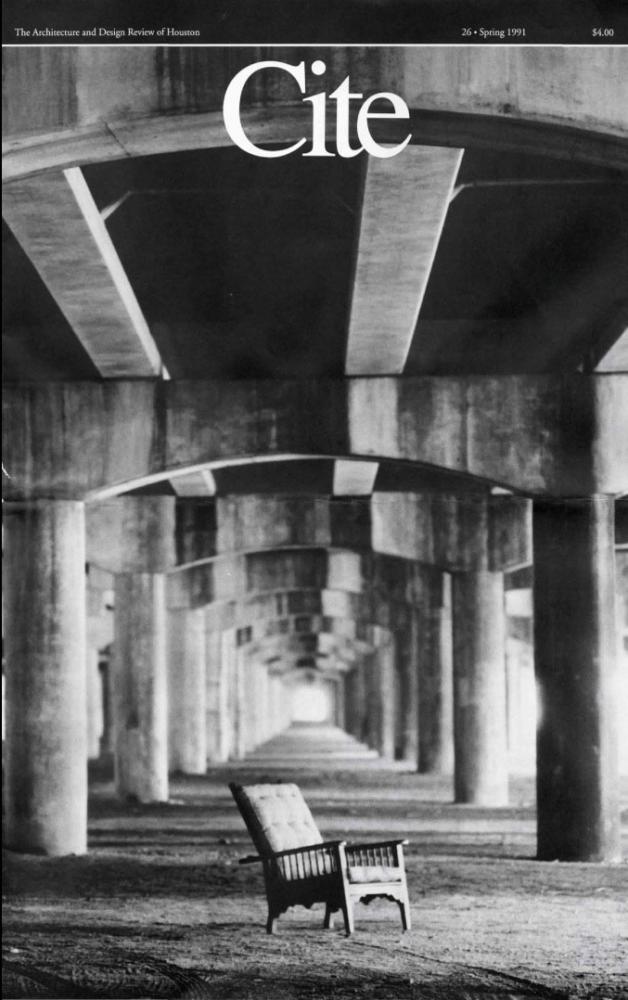Table of Contents
Contributors
Deborah Arbes; Cameron Armstrong; Johannes Birringer; David Brauer; Deborah Brauer; William Curtist; Peter Dorsey; John Major; Tim Fleck; Stephen Fox; Olive Hershey; Paul Hester; Richard Ingersoll; Rafael Longoria; Elysabeth Yates-Burns McKee; Deborah Morris; Robert Morris; Patrick Peters; John Rogers; Rives Taylor; Bruce C. Webb; and Gordon Wittenberg.


